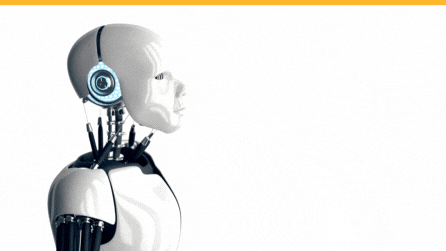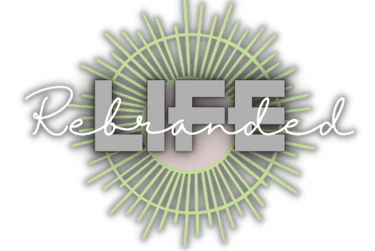Robot is the New Human


Oh boy, Artificial Intelligence, or as I like to call it "the rise of the machines." It's truly amazing how machines or computer programs can now perform tasks that typically require human intelligence, such as visual perception, speech recognition, decision-making, and language translation. I mean, who needs humans, right?
If you ve seen The Matrix with Keanu Reeves, you have a framework for the unintended consequences of AI. In the film, humans unknowingly live in a simulated reality created by intelligent machines, while their bodies are used as a power source. The machines became so advanced that they were able to take over the world and enslave humanity. This dystopian future may seem far-fetched, but it raises important questions about the limits of AI and the potential consequences of unchecked technological advancement.
AI is becoming increasingly prevalent in our daily lives, from virtual assistants like Siri and Alexa to self-driving cars and personalized recommendations on social media. I don't know about you, but I love it when my phone listens to my conversations and then recommends products I don't even need.
Of course, with any new technology, there are concerns about the potential risks and unintended consequences of AI. Some people are scared of AI because they fear that it could become uncontrollable or unpredictable, leading to unintended harm or even the overthrow of humanity. Others worry that AI will take over jobs currently performed by humans, leading to widespread unemployment and economic disruption. And who wouldn't want that, am I right?
But don't worry, folks. Most experts believe (if you trust unknown experts) that the benefits of AI outweigh the risks. AI has the potential to revolutionize industries, improve healthcare outcomes, and solve some of the world's most pressing problems. Just as long as we don't accidentally create a robot apocalypse, I think we'll be just fine...maybe.



